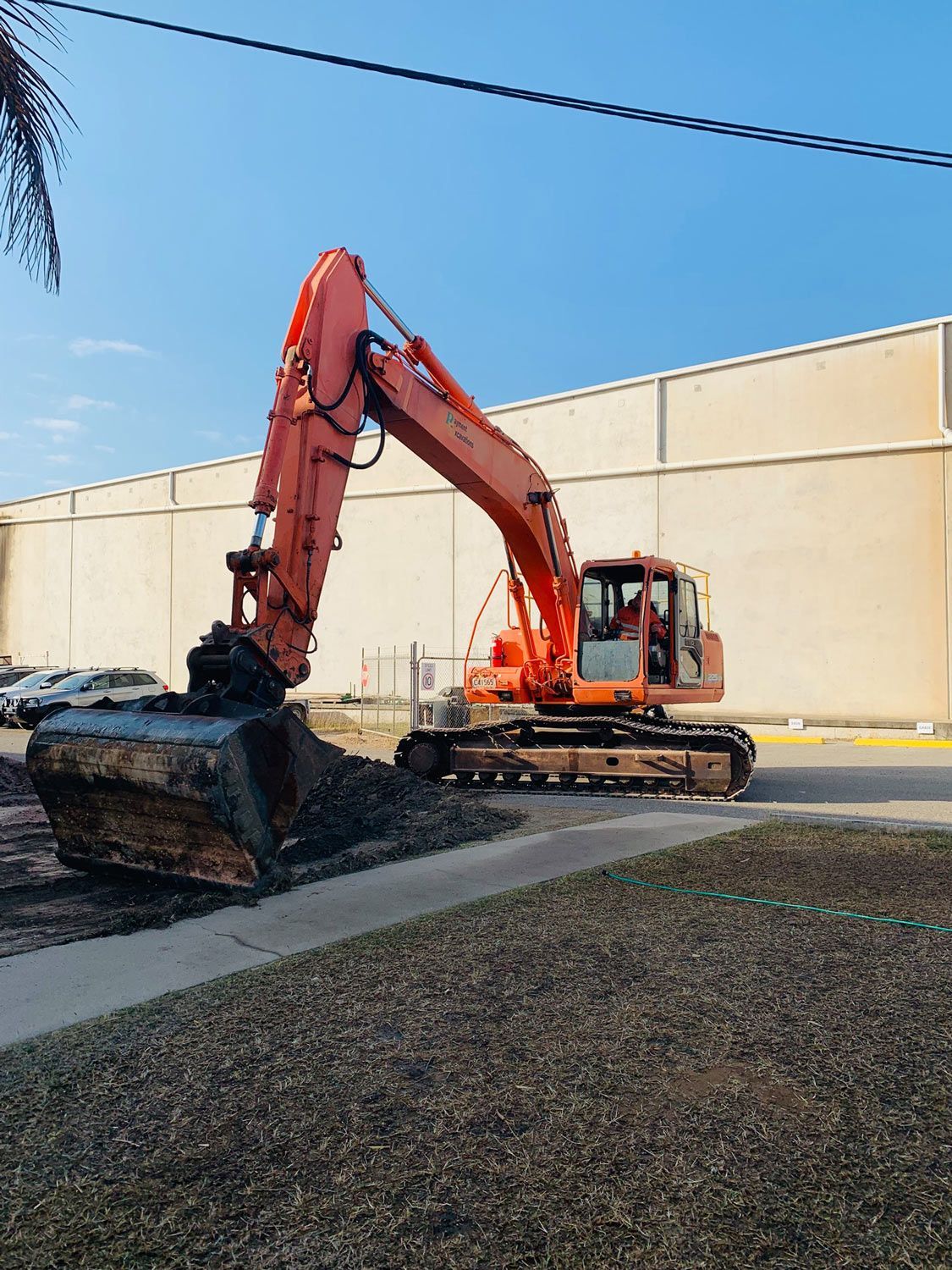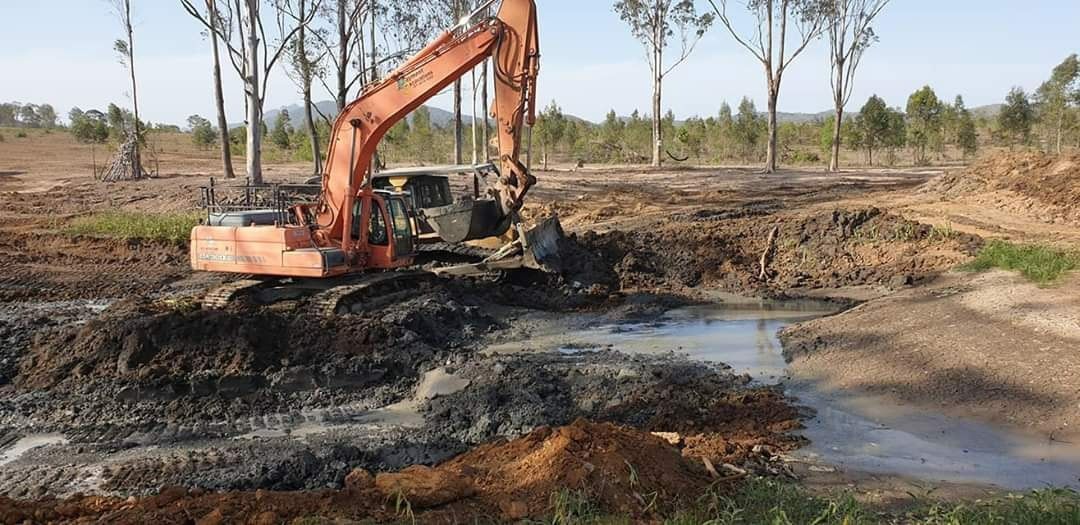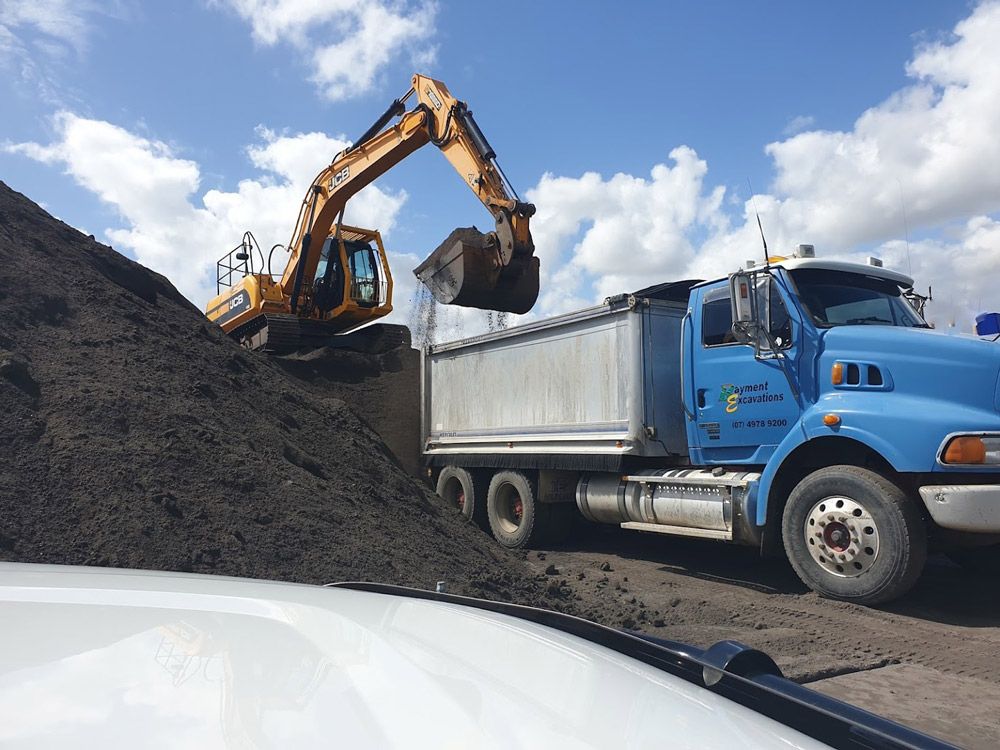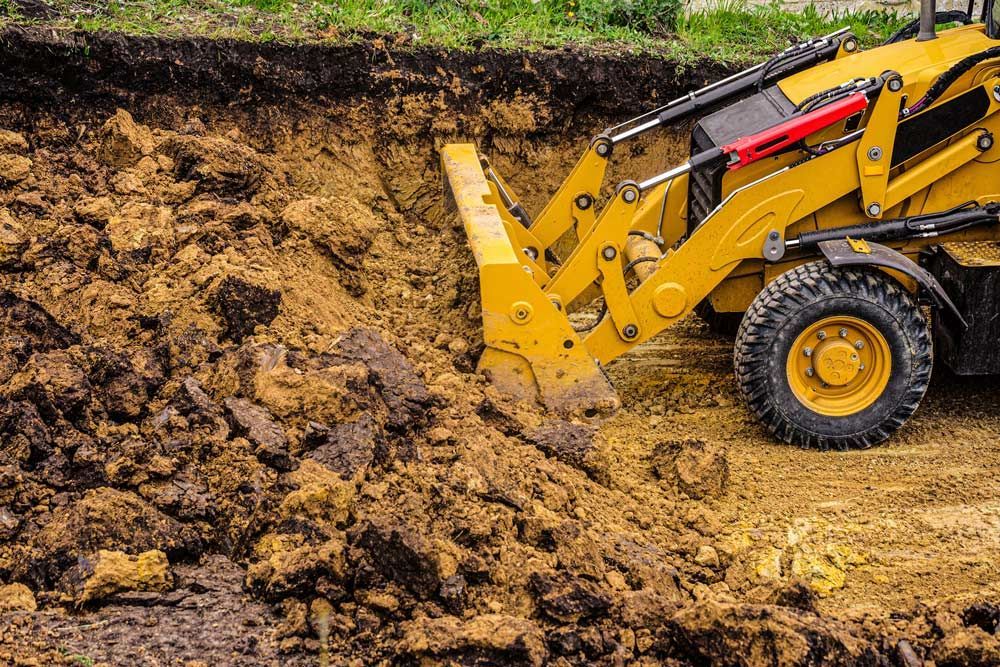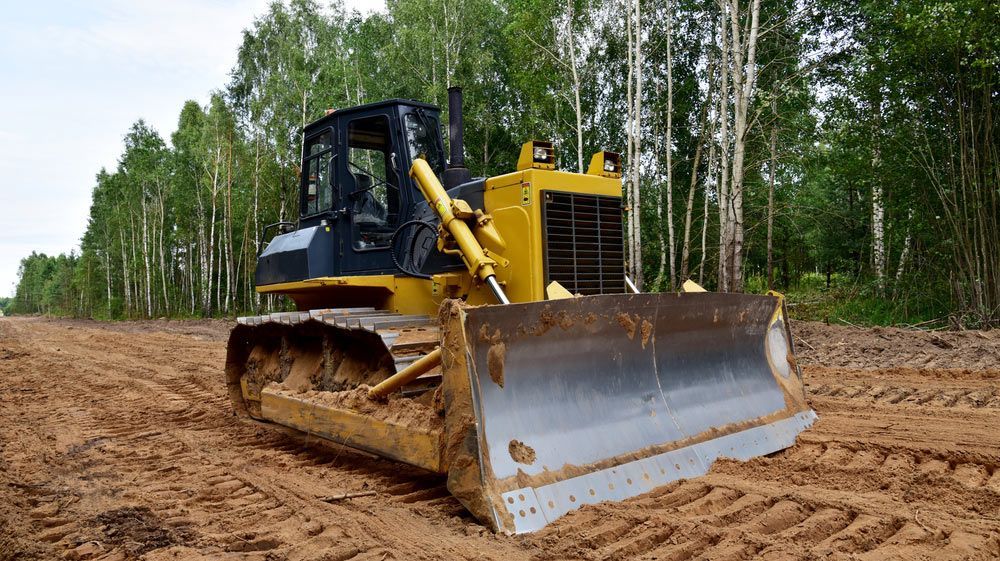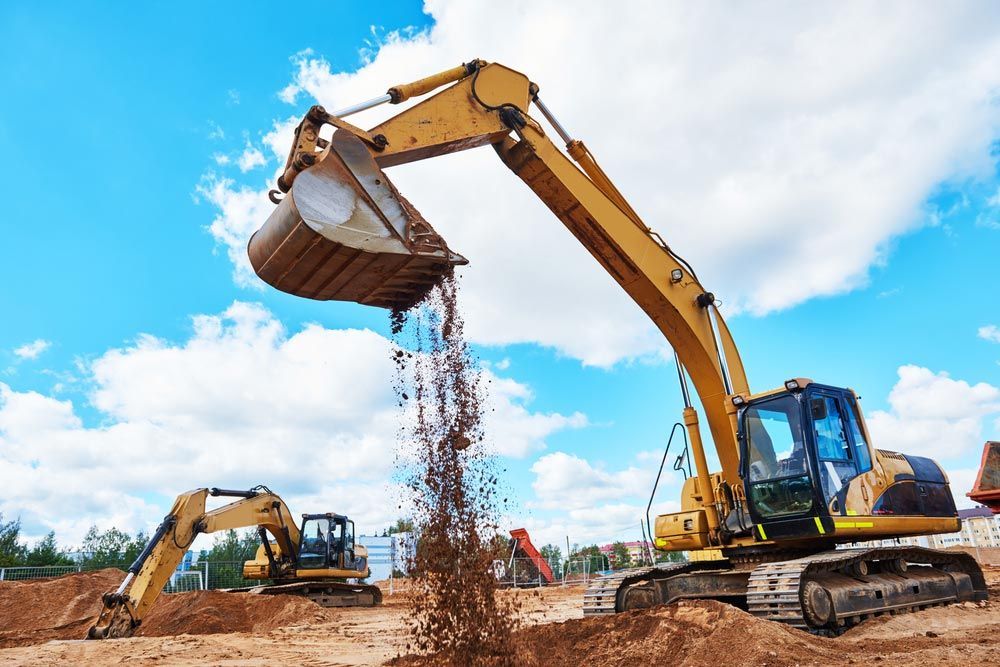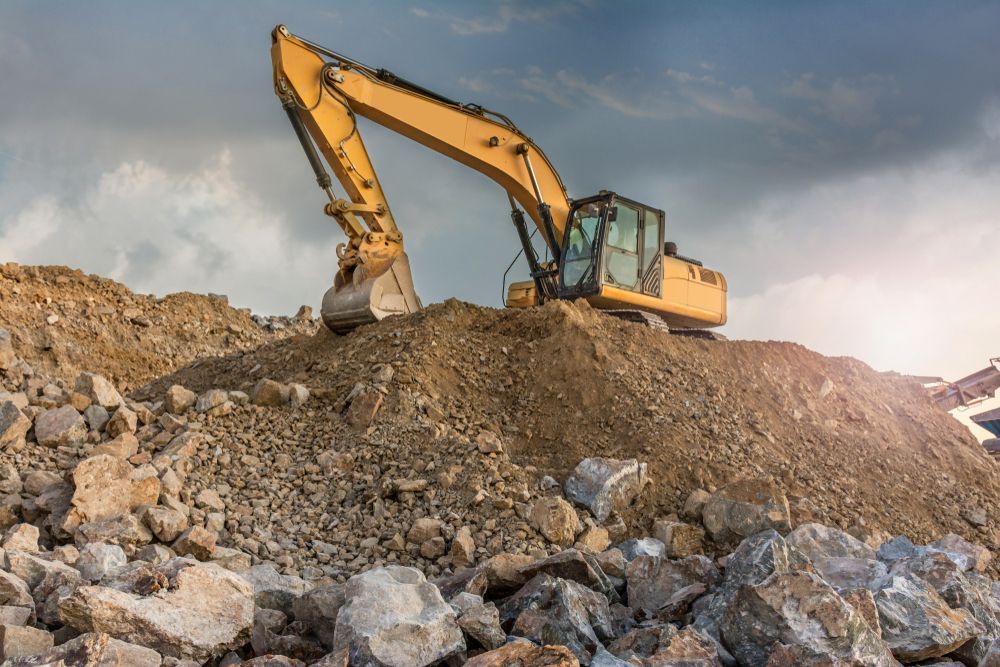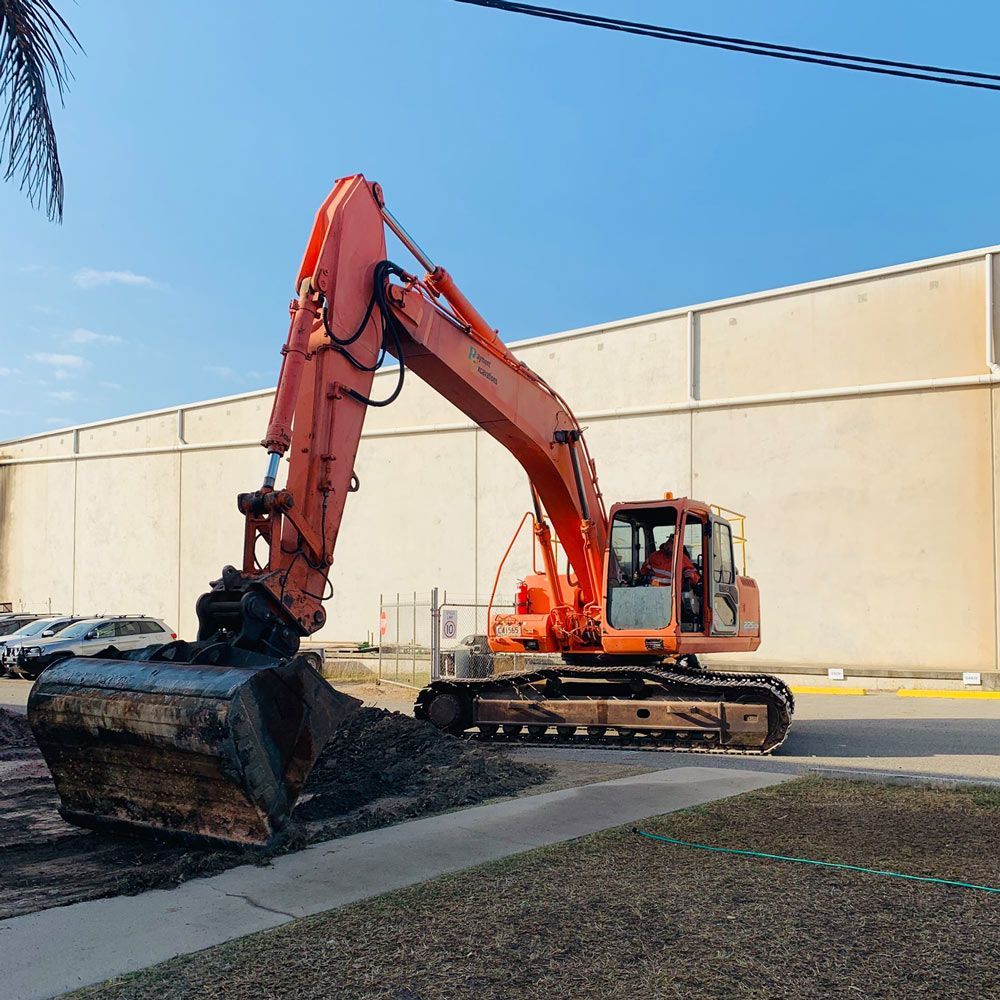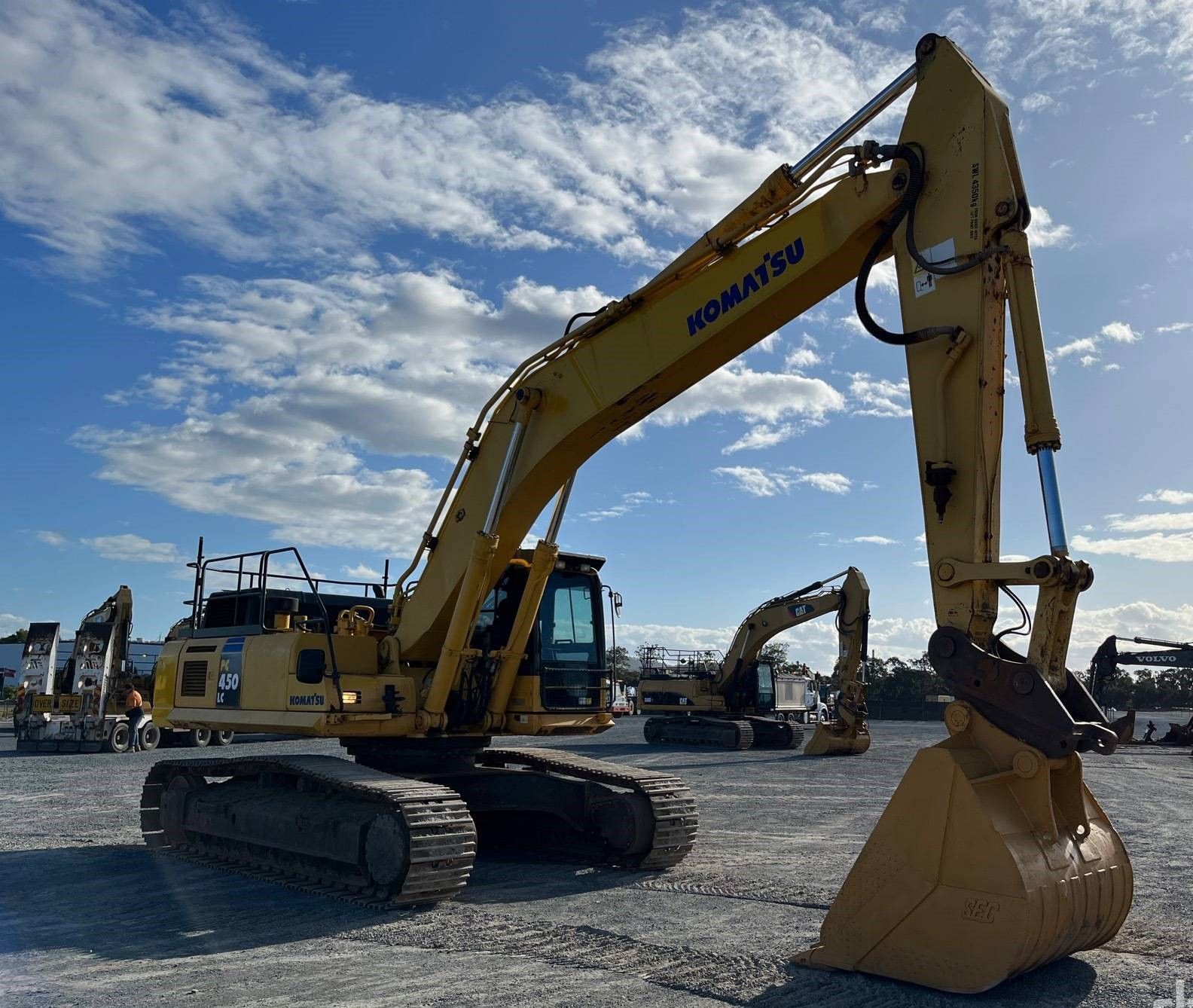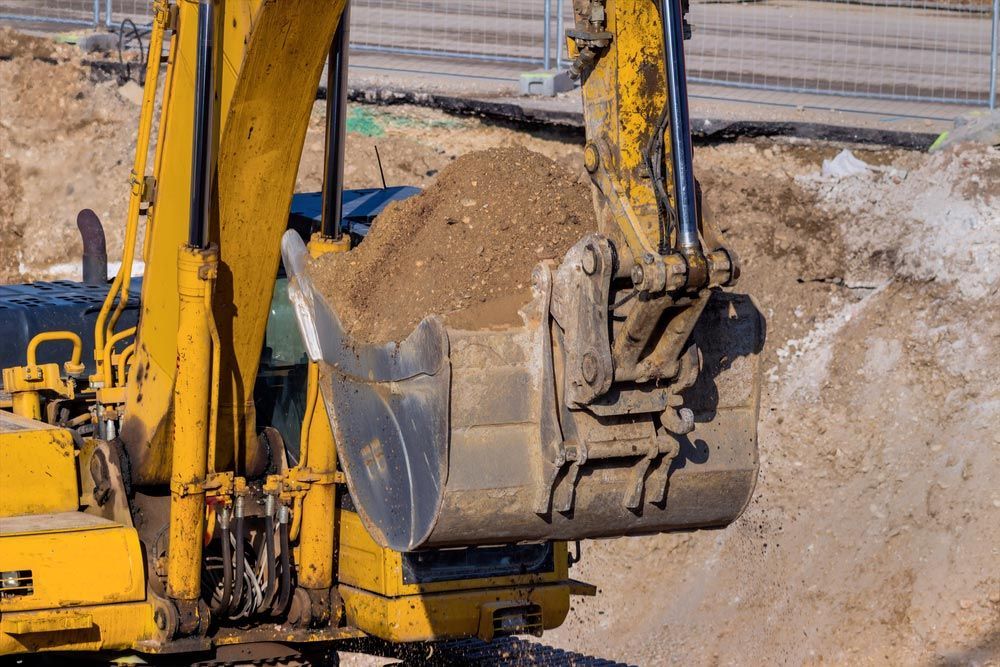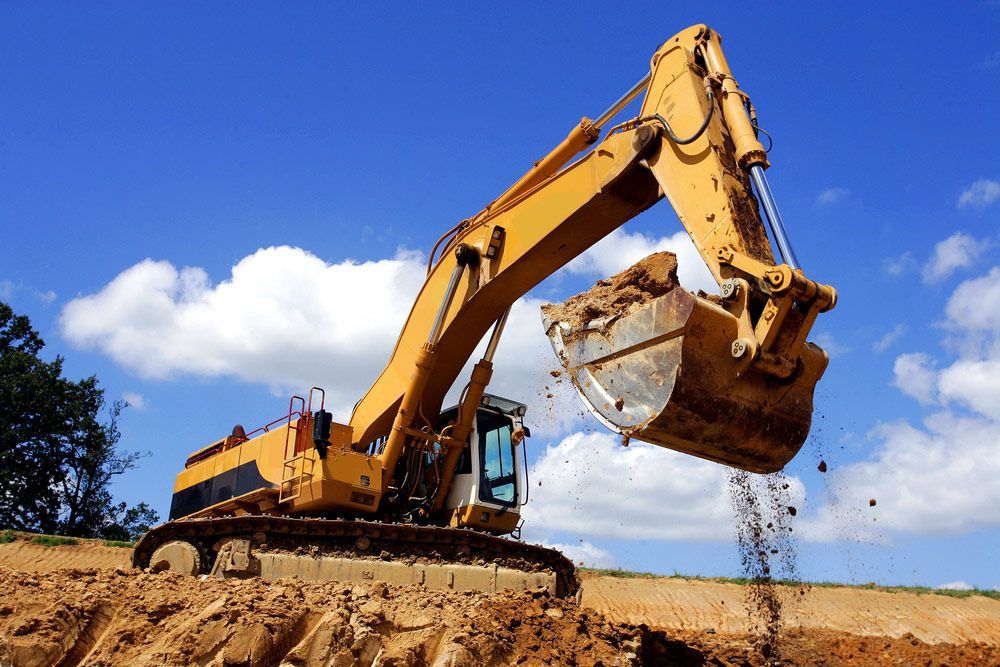8 Excavation Tips: Preparing Your Site For Construction
Proper site preparation is essential for the success of any construction project. Whether you’re building a home, a commercial structure, or a large-scale development, a well-prepared site ensures a stable foundation, efficient workflow, and cost-effective execution.
From assessing soil conditions to clearing debris and ensuring proper drainage, every step plays a crucial role in preventing future complications and delays. Here’s a detailed guide to help you understand how to prepare your site for excavation and construction and why hiring a professional excavator in Gladstone is a must.
1. Conduct a Site Assessment & Planning
Before any excavation work begins, a thorough site assessment is necessary. Understanding the terrain, soil type, and environmental conditions helps in planning excavation strategies that will minimise risks and enhance project efficiency.
Key Factors to Consider in Site Assessments:
- Soil composition: Different soil types require different excavation techniques. Clay-heavy soil, for example, may need additional stabilisation.
- Topography: Uneven land may require levelling or special excavation strategies.
- Underground services: Identifying gas lines, water pipes, and electrical cables is crucial to prevent accidental damage.
- Drainage conditions: Poor drainage can lead to water accumulation, which may weaken the foundation of the structure.
Tip: Always work with an experienced excavation contractor to assess the land and provide expert recommendations before excavation begins.
2. Secure the Necessary Permits & Approvals
Construction and excavation projects must comply with local council regulations. Securing the necessary permits and approvals ensures that excavation follows legal and safety guidelines.
Why Permits Are Important:
- Ensures compliance with environmental and safety laws.
- Prevents legal issues that could delay construction.
- Confirms that excavation work won’t disrupt underground utilities.
Professional excavation companies, such as Rayment Excavations, can assist in navigating permit requirements and ensuring all excavation work follows local construction standards.
3. Clearing the Site: Removing Debris & Vegetation
Before excavation can begin, the site must be cleared of obstructions. This includes removing:
- Trees, shrubs, and overgrown vegetation.
- Large rocks, old structures, and any existing foundations.
- Waste and debris that could interfere with excavation equipment.
Using professional excavation services ensures that all land clearing is done efficiently and safely without causing unnecessary damage to the surrounding environment.
4. Ensuring Proper Drainage
Water accumulation can weaken the foundation, causing serious issues down the line. Good drainage planning prevents erosion, flooding, and foundation movement.
Steps for Effective Drainage Preparation:
- Conduct a site survey to determine natural water flow patterns.
- Install temporary drainage solutions to direct excess water away during excavation.
- Plan for permanent drainage solutions, such as stormwater drains or grading, to prevent waterlogging.
Excavation experts can assess and modify drainage conditions, ensuring your site is stable and ready for construction.
5. Choosing the Right Excavation Equipment
The type of excavation machinery you use depends on the size and complexity of the project. Hiring the right excavator in Gladstone ensures the job is done efficiently and safely.
Types of Excavators for Site Preparation:
- Mini excavators: Best for small residential projects and tight access sites.
- Standard excavators: Suitable for medium-sized projects, trenching, and general digging.
- Large excavators: Ideal for heavy-duty excavation in commercial or industrial projects.
Why Choose Professional Excavator Hire?
- Access to well-maintained, high-performance equipment.
- Skilled operators who understand excavation techniques.
- Reduced labour time and increased site efficiency.
Hiring excavation specialists ensures that the right machinery and expertise are used for your specific site needs.
6. Excavating & Levelling the Site
Once the site is cleared and planned, excavation begins. The goal is to remove excess soil, create stable foundations, and level the site to match project specifications. Proper excavation ensures structural integrity and prevents future ground movement.
Excavation Techniques Include:
- Cut & fill excavation: Removing high points and using the excess soil to fill low areas.
- Trenching: Digging narrow, deep channels for utilities, plumbing, or footings.
- Bulk excavation: Removing large volumes of soil for commercial projects.
- Grading: Smoothing and shaping the land to promote proper drainage and prevent erosion.
Experienced excavation teams ensure that the ground is levelled correctly and compacted properly, reducing future foundation settling or shifting.
7. Soil Compaction & Stabilisation
Unstable soil can lead to foundation problems, sinkholes, or structural failures. Proper compaction ensures that the ground can support heavy loads without shifting. Addressing soil stability early helps prevent costly repairs and ensures long-term structural integrity.
Compaction Methods:
- Vibratory rollers for compacting large areas.
- Plate compactors for smaller, confined spaces.
- Soil testing to check for adequate compaction before construction begins.
- Moisture control techniques to optimise compaction efficiency.
If soil conditions are poor or loose, stabilisation techniques, such as adding gravel or geotextiles, may be required.
8. Conducting Final Inspections Before Construction
Before construction begins, a final site inspection ensures that everything is ready and meets safety requirements. Thorough checks at this stage help prevent delays and costly adjustments later in the project.
Final Pre-Construction Checklist:
- Check excavation depths to match design plans.
- Inspect drainage systems for proper water flow.
- Ensure all excavation work complies with local regulations.
- Verify compaction levels for foundation stability.
- Confirm site access and safety measures are in place for construction crews.
By conducting a final inspection, builders can start construction with confidence, knowing the site is fully prepared.
Why Choose Professional Excavator Hire for Site Preparation?
Working with a reliable excavation company ensures that every step of site preparation is handled efficiently and safely. Instead of dealing with delays, equipment issues, or regulatory problems, hiring professional excavators provides:
- Access to high-quality machinery suited to your project.
- Experienced operators who understand site requirements.
- Faster, more cost-effective excavation with expert precision.
At Rayment Excavations, we offer expert excavator hire in Gladstone, providing comprehensive site preparation services tailored to your construction needs.
Get Professional Excavation Services for Your Next Project
Proper site preparation is essential for a smooth and successful construction process. Following these excavation tips and working with experienced professionals can help prevent costly mistakes, minimise project delays, and establish a strong foundation for your build.
At Rayment Excavations, we offer excavator hire in Gladstone, providing reliable site clearing, trenching, and bulk excavation services. Contact us today to discuss your project or to hire an excavator in Gladstone.

